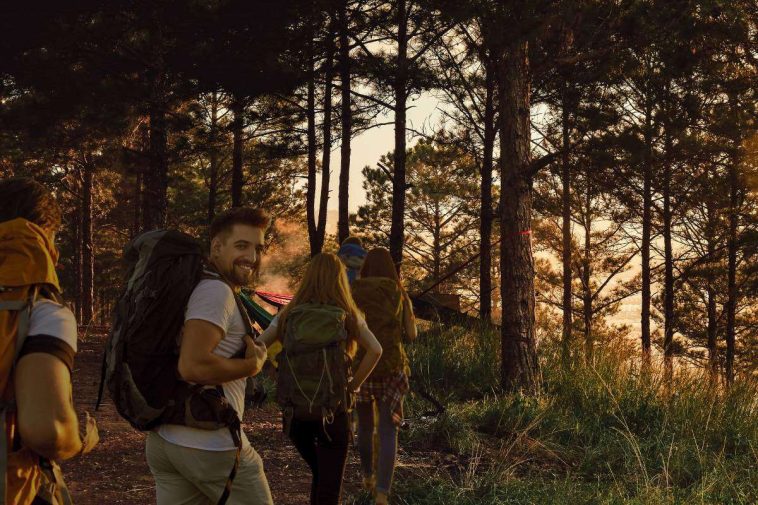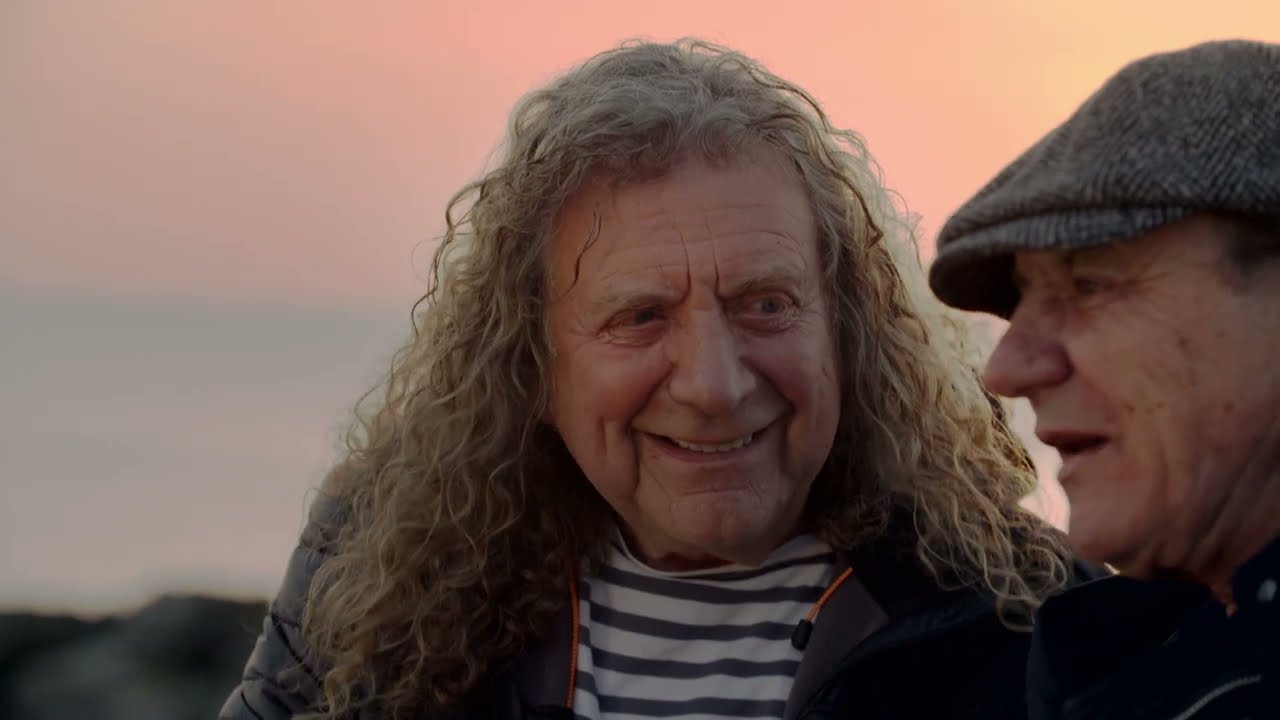Trails Carolina, nestled in the picturesque mountains of North Carolina, markets itself as a beacon of hope for troubled youth. It’s a wilderness therapy camp that promises transformation and healing through its therapeutic programs. Parents, driven by a deep desire to help their children, are often drawn to the promise of a fresh start, a reset button in the form of nature’s embrace. But beneath the surface of these lofty promises lies a more complex and disturbing reality.
The Harrowing Experiences of Former Participants
Kathleen Reilly’s story is a chilling introduction to the reality of Trails Carolina. Awoken in the middle of the night and whisked away to a camp she knew nothing about, Reilly’s experience is not an isolated incident. It’s a narrative echoed by many former participants who recount weeks spent in the wilderness, deprived of basic hygiene, subjected to emotional and psychological trauma, and receiving little to no time with trained therapists.
The daily life in these programs is far from the therapeutic environment parents envision. Participants describe an existence marked by extreme physical hardship, negative reinforcement, and ridicule. The staff, often not trained as therapists, are the primary caretakers, leading to a concerning gap in mental health support.
The Dark Side of Wilderness Therapy
The allure of wilderness therapy is undeniable. It promises a return to nature, resilience through physical hardship, and a break from the chaos of modern life. However, the implementation of these programs at Trails Carolina raises serious questions. The lack of qualified staff, the extreme conditions participants are subjected to, and the overall approach to mental health care are deeply concerning.
Moreover, the history of Trails Carolina is marred by violations and tragic incidents, including the death of a teenager, Alec Lansing, who ran away during an excursion. The delayed response by the camp staff and the subsequent findings of the investigation highlight the potential dangers of such programs.
The Industry of Wilderness Therapy: A Call for Regulation and Oversight
The story of Trails Carolina is not just about one camp; it’s a reflection of the broader wilderness therapy industry. The lack of standardized regulations, the varied qualifications of staff, and the differing approaches to therapy create a landscape where the well-being of participants can be compromised.
As more stories come to light, it’s evident that the industry needs stricter oversight, standardized training for staff, and a reevaluation of the methods used. Parents, in their quest to help their children, must be provided with transparent information and safer alternatives.
Conclusion: The Path Forward
The narrative of Trails Carolina is a stark reminder of the complexities surrounding wilderness therapy. While the concept holds promise, its execution and the industry’s oversight are in dire need of reform. For those considering such programs, it’s crucial to conduct thorough research, seek out testimonials, and understand the qualifications of the staff involved.
As we move forward, the hope is that the wilderness therapy industry will evolve into a space that truly prioritizes the mental health and well-being of its participants, with the beauty and healing power of nature as a backdrop, not a battleground.







